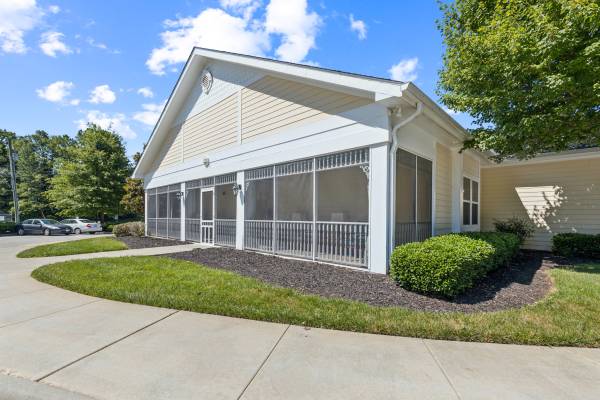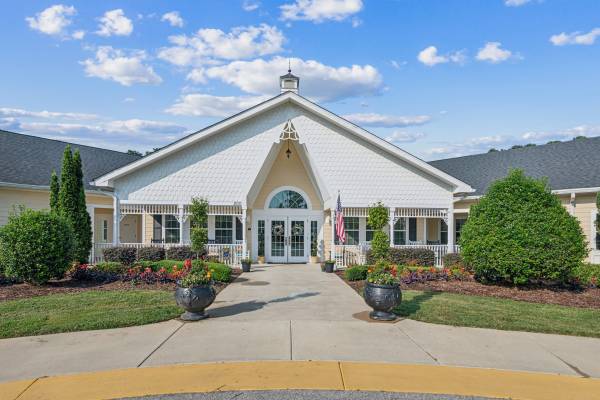
5219 Old Wake Forest Rd, Raleigh, NC 27609
4.1
(14 reviews)
"Cadence North Raleigh was very, very clean. It had a very nice decor and they have someone who loves to decorate. I found the rooms to be a little small, but they were livable. I think a twin bed would be better than a double bed in their rooms, and it was well laid out. They have a safe electronic medication administration system. The Activities Director and the residents were hanging out in the hallways and on the front porch, and everybody seemed to be fairly happy. The dining room was very nice."
$6,055


















